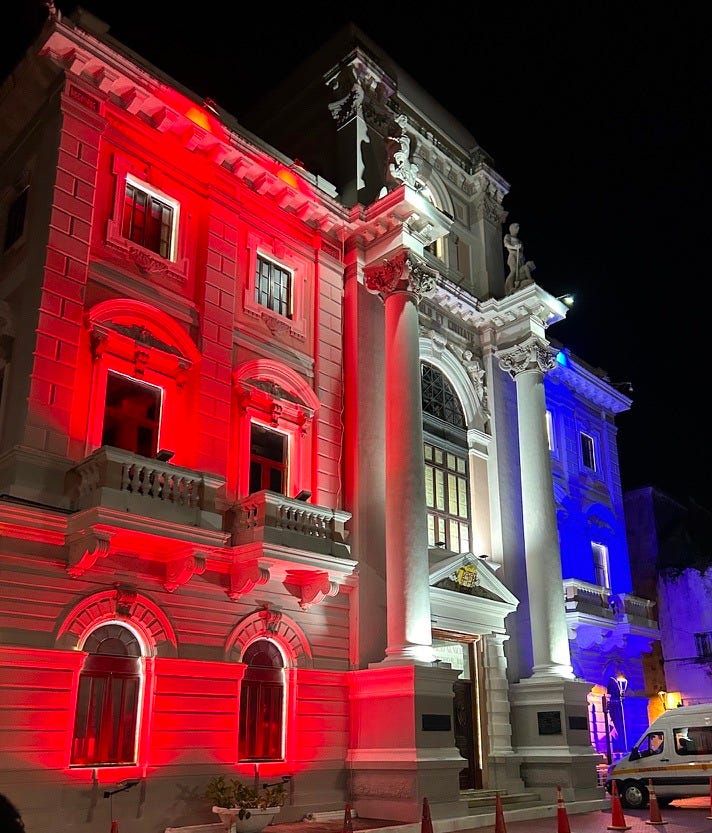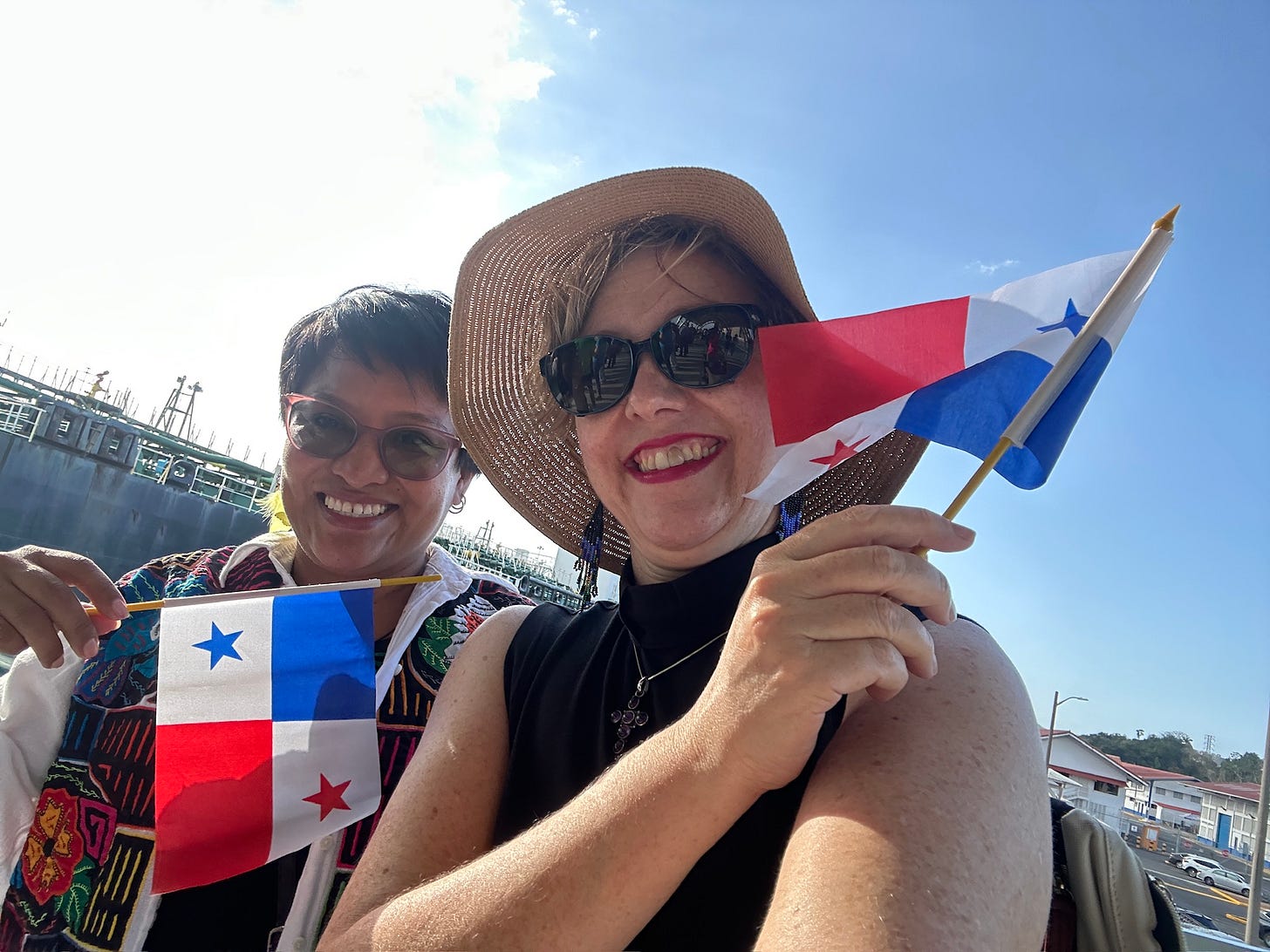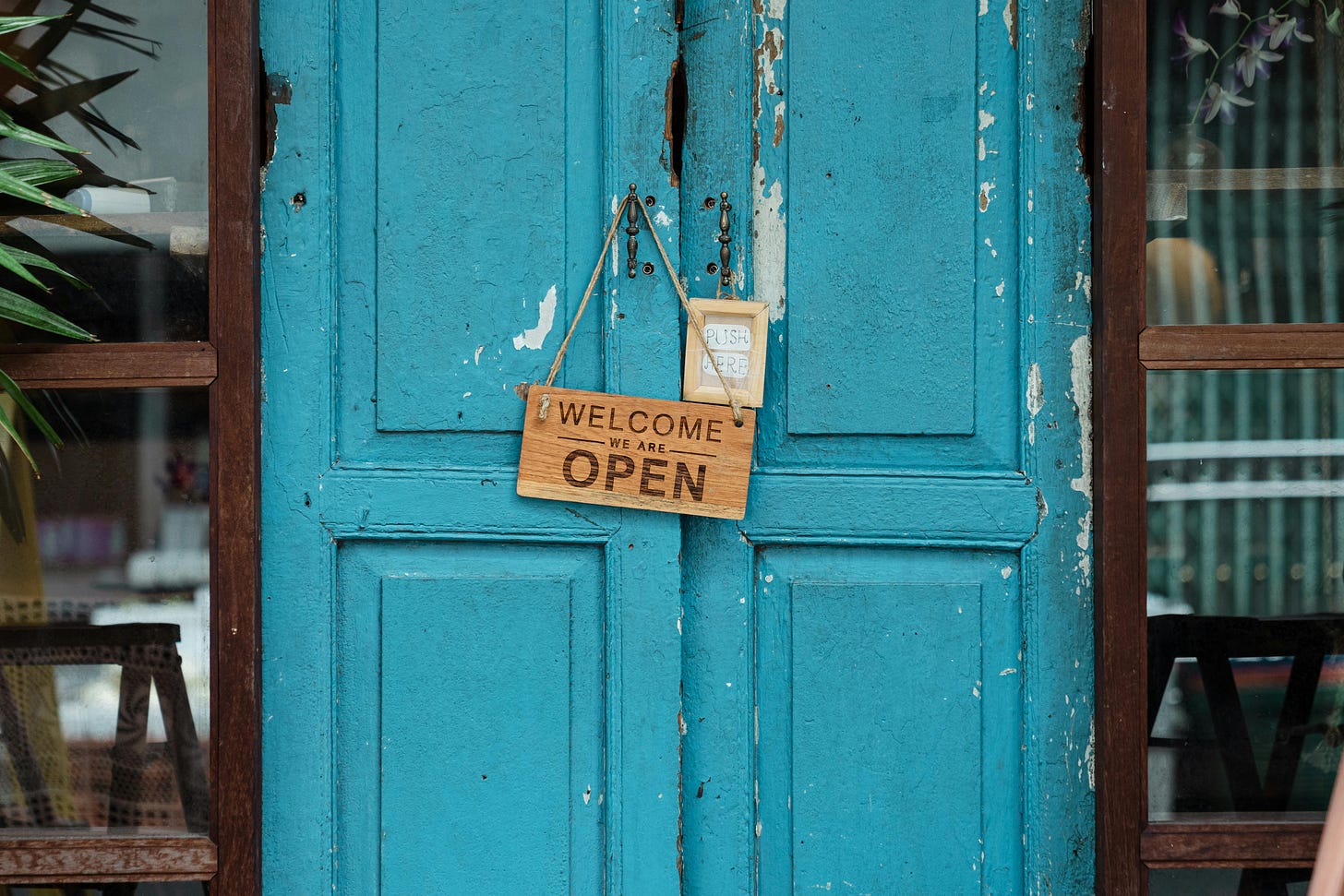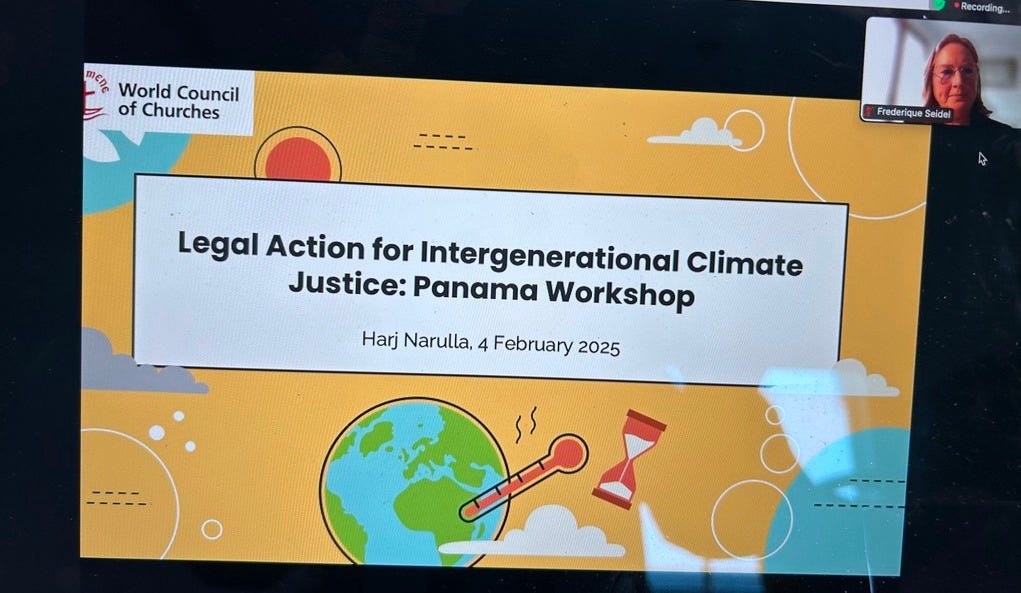Render Unto Caesar: Climate Litigation as Discipleship that Subverts Empire
Last week I was in Panama with the World Council of Churches in a training session on climate litigation. Here is a scriptural reflection on the potential of a discipleship of climate litigation.
Hello friends. Welcome to the many new subscribers who have joined the Faith. Climate Crisis. Action community! In gratitude, I have unlocked today’s essay for both free and paid subscribers. Please share widely!
Render Unto Caesar: Climate Litigation as Discipleship that Subverts Empire

Recent Work with the WCC CCJSD
Last week I was in Panama with the World Council of Churches (WCC) Commission on Climate Justice and Sustainable Development (CCJSD) learning about a powerful way in which people of faith can engage in a discipleship of climate action. Climate litigation is a way of holding governments, financing institutions, and industries accountable for their roles in the climate crisis. Through the CCJSD, the WCC is creating a handbook for its member churches called Hope for Children Through Climate Justice: Legal Tools to Hold Financiers Accountable. In the Foreword, youth climate activist Vanessa Nakate writes:
This handbook is a tool for Christians seeking to make a meaningful difference in addressing the injustices driving the climate emergency. It underscores the important function of the law in holding accountable those actors, particularly financial actors, whose actions have significant environmental impacts. By doing so, it empowers believers to use legal means to advocate for justice and the protection of the ecosystem. In using this resource, we are reminded that our duty is not only to safeguard creation for ourselves but for future generations. It encourages an eco-centric approach—one that values nature for its intrinsic worth, not merely for its economic benefits. This perspective pushes back against the notion of exploiting resources for individual gain, instead fostering a spirit of stewardship rooted in our faith.1
Our week in Panama was an intense time of climate litigation training, learning some of the ins and outs of climate litigation, and how we can empower our member churches, individually and congregationally, to use the law as a tool of faithful climate action. I am grateful to climate lawyer Harj Narulla who taught us about the history of effective litigation in creating social, economic and political change, and about how climate litigation is currently making inroads around the world today. He pointed out that “litigation offers the opportunity to bypass deadlocked political processes,” offering new hope in our time of climate emergency.2 I’m also grateful to fellow Commissioners for leading our training:
· Kevin Maina, a youth activist and Director of Young Theologians Initiative for Climate Action (Kenya);
· Frederique Seidel, WCC senior programme lead for Children and Climate; and
· Susan Smith, professor emerita of Law and Director of the Certificate Program in Sustainability at the Willamette University (USA).
Our training was grounded in prayer and Scripture, including Proverbs 31:8-9 where we are reminded to “Speak out for those who cannot speak, for the rights of all the destitute. Speak out, judge righteously, defend the rights of the poor and needy.”
This post is free for all subscribers. If you want to: find encouragement and hope in this time of climate and ecological crisis, support this eco-ministry that is international and ecumenical; and have access to the full breadth of my work, then upgrade to a paid subscription! For a small monthly price you’ll get more of the encouragement you need, find hope in this difficult time, and make this ministry possible!
If a paid subscription is not for you right now but you’d like to make a one-time contribution, you can do so here!
Render Unto Caesar: Scriptural Reflection
As I reflect on the call of Christians to take radical climate action, I am convinced that climate litigation can be a powerful form of discipleship, and can go further than being a way to speak out for those who cannot speak. As I digest what I learned last week, the scripture verse, “Render unto Caesar what is Caesar’s” has been reverberating in my mind and heart. Here is the passage where Jesus gives this directive:
There are several ways in which this teaching from Jesus is interpreted, the most convincing of which is based not just on Jesus’ words but on the very way in which he sidesteps the trap set for him by the Pharisees at the beginning of the passage. Jesus’ response speaks to the careful subversion of empire by people of faith, even as we live in the midst of empire today.
We live in the midst of empire and in the midst of empire’s devastating consequences for the poor and marginalized, and for the Earth itself. The climate crisis is the result of empire. And while there are interpretations of this text that suggest a split between the secular, material things of this world and the life of faith, the fact is that we live in this world, and live out our faith in this world. In Psalm 24:1 we are reminded that “The earth is the Lord’s and all that is in it, the world, and those who live in it.” That means that there is no hierarchical split between “the things that are Caesar’s” and “the things that are God’s.” All of it belongs to God.
When I think of climate litigation as a tool of climate action for the churches, and as an act of faithful discipleship, I think of it as a way to render unto Caesar what is Caesar’s: we take the tools of empire – the law, as well as the funds needed to go to court – to hold empire responsible. We subvert empire by using the tools of empire for the sake of justice, mercy, and compassion. We take the tools of empire and turn them into tools for doing the work of God and God’s people. In this way, climate litigation goes further than simply being a voice for the voiceless. Climate litigation offers us the opportunity to engage more directly with the powers of empire, using their own tools to do the work of justice, mercy, and compassion. In that way, we are giving “to God what is God’s.”
Want to know more about what climate litigation can look like? I’ll go into it in more detail next week.

Hope for Children Through Climate Justice: Legal Tools to Hold Financiers Accountable, World Council of Churches, 2025. Draft.
Harj Narulla, presentation to the World Council of Churches Training on Climate Litigation for Churches, February 4, 2025, Panama City, Panama.












